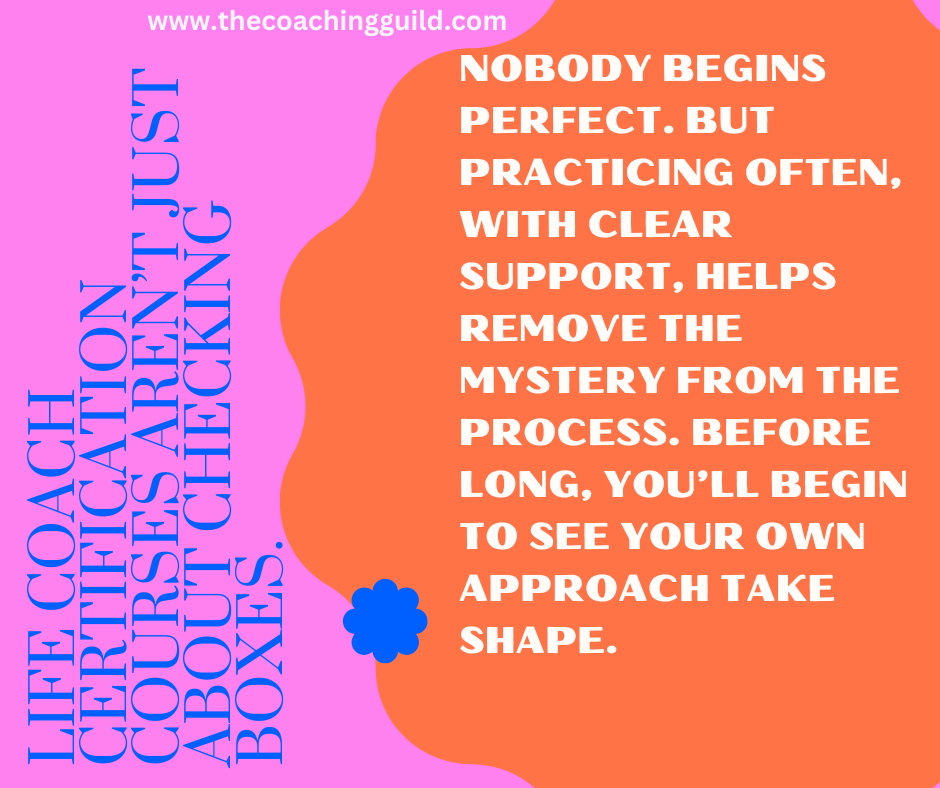Traditional Employment Might be the Least Secure Way to Make a Living
Being on someone else's payroll isn't the ticket to security you might want it to be.

I used to think some people are born to carve their niche in the world, self-employed, and others who were born to work for someone else. I used to believe you had to have a little more risk tolerance to decide you do not need a "regular" paycheck to feel secure.
In 2008, I realized it is quite the opposite. The truth is you have to have a certain amount of risk tolerance to depend on anyone or anything other than yourself for a paycheck.
Here we are, in 2020 and it has never been truer than it is now. When the unthinkable happened and all hell broke loose in the job market and the world, I did not have to worry about losing my job.
In case you are wondering, I did not lose any clients either. My client calendar is busier than it has ever been - and while I'd like to think it's because I'm super-special, truth is a lot of coaches have more business now than they did before the world started spinning sideways.
Why?
Because people will prioritize coaching when uncertainty hits.
Coaching works.
Coaches are important.
When you ask most coaches why they chose their profession they will say it's because they want to help people - and don't get me wrong, I deeply love knowing that my work positively impacts the lives of the people I work with and the people that surround them.
As for me?
I chose to coach because I wanted to work from home and raise my children on my terms. I also deeply craved income freedom and location independence in my life.
To be clear, coaching is not a get rich quick proposition. Anyone who thinks it is will be painfully disappointed. However, good coaches who are willing to show up consistently and be of service to their people can find a kind of freedom in this work that is rare and precious.
If you ever dreamed of being a coach, now might be the single ideal time in the history of ever to take those first steps.
Get your training,
Master your craft.
Market like you mean it.
Then, make some money while doing some rock star level transformational work with your very own cool clients.
There has never been a better time to be a coach.
In case you are wondering where to start, I have got that part handled for you.




